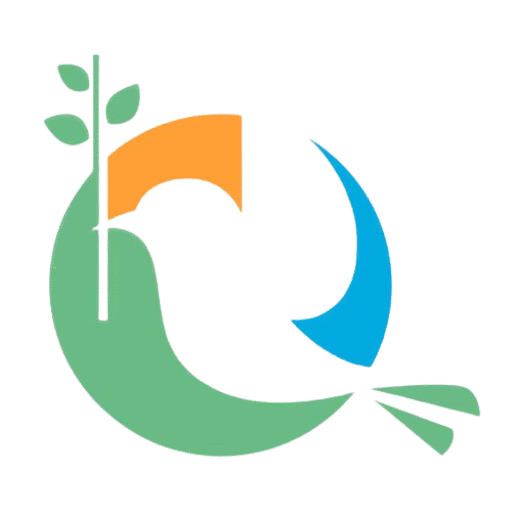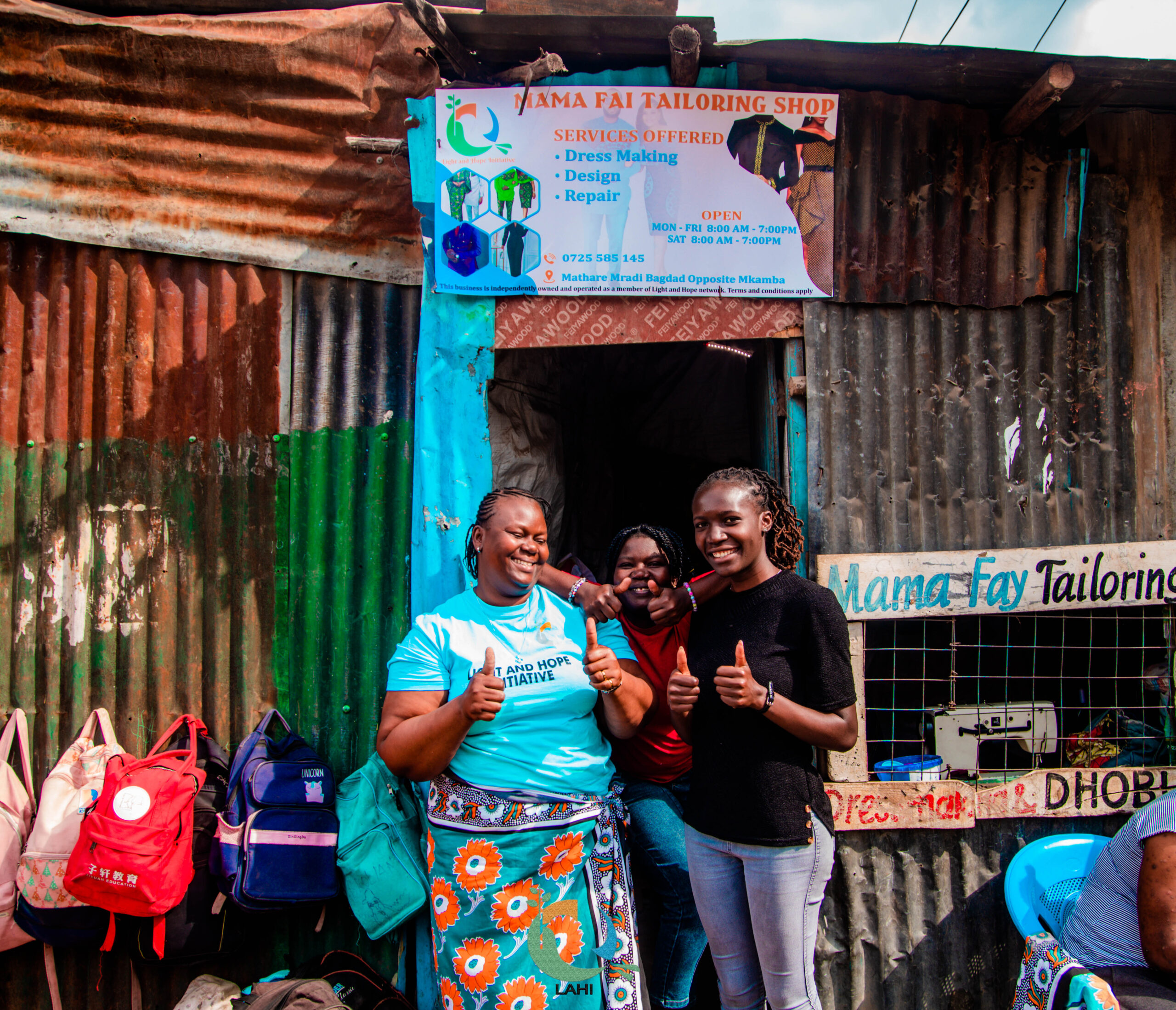
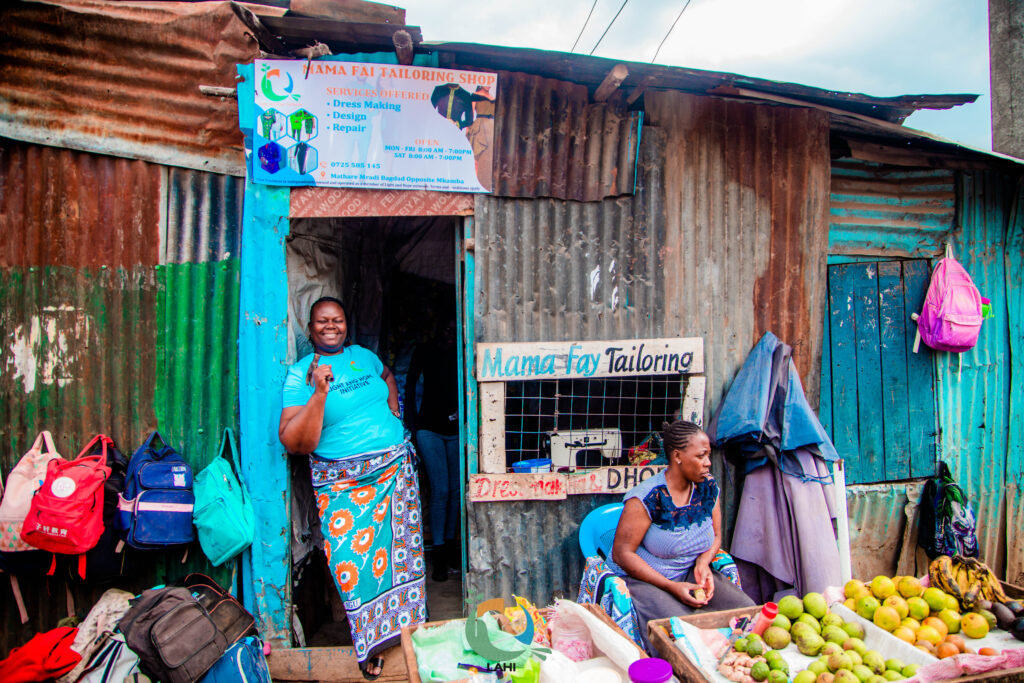
before she became a teacher at the Light and Hope Initiative(LAHI). Violet was just trying to make ends meet. A mother raising her daughter, Fay, she took up tailoring after a short course offered by LAHI. “It wasn’t just a skill,” she says, “it was survival. Every sew was rent, every button was food upkeep for her daughter Fay.”
But running a tailoring shop in Mathare wasn’t easy. The competition was stiff, and the number of customers was dwindling by the day. There were days she made barely enough to buy thread, and others she worked through the night to keep a promise to a client. Still, she kept going—because giving up wasn’t an option, if the sewing doesn’t do it, then God will do it, that is what she would say, even to this day, (she is a strong believer, that I can testify)
Look at the picture above. Violet is a charming, full-of-joy kind of person, but that is not what she would have described herself to be four months ago,
“One Friday evening, I remember it was raining outside, and Fai was home collecting rainwater from the gutter, I ruminated on my collapsing business. Orders stopped, and savings ran dry. that was the moment I almost sold my machine,” she says in a low voice, facing the ground, then pauses. “But something told me not to.”
That something, it turns out, was the beginning of change.
“Mama Fayyyyy, Mama Fay---sijakuambia”, Violet could hear her friend Veronica approaching, breathing heavily with a smile on her face. She knew instantly it was good news. Veronica mentioned a new opportunity—the Light and Hope Initiative (LAHI), a program focused on empowering women through skills training and small business franchising. They were looking for women who already had skills but needed structure, mentorship, and access to a bigger vision. Violet hesitated at first. She had been through countless “promises” before, and most led nowhere.
Violet learned about franchising, a business model that allows local entrepreneurs to expand their enterprises while supporting a greater cause, at her first training session. That mission—enabling women to earn, create, and sustain themselves with dignity—was precious to Violet.
Violet was given branding assistance, business mentoring, and training on how to grow her tailoring business through Light and Hope.
Additionally, she was introduced to Reusable Sanitary Pads, a revolutionary new product that would change her life completely.
“LAHI has taught me a lot. I can now market my outfits better, and the branding support has helped me attract many customers. Now, Fai can study without worry of being sent home for fees, and the reusable pads that she now uses in school are all thanks to LAHI. When they taught us how to make reusable pads, I didn’t see it as a business at first,” she admits. “I saw it as dignity for girls who miss school because they can’t afford pads —even Fai is happy”.
Soon, her tailoring shop transformed. The same machine that once sewed school uniforms and dresses now stitched empowerment—colorful, soft pads that restored dignity to countless women and girls. Orders began to grow, and so did her confidence.
Today, Mama Fay is not just a tailor; she’s a teacher. At the Light and Hope Initiative center, she trains groups of women in tailoring and reusable pad production, teaching them not just the craft, but the business mindset behind it. Her classes are often filled with laughter, the hum of sewing machines, and stories shared between women who understand struggle deeply.
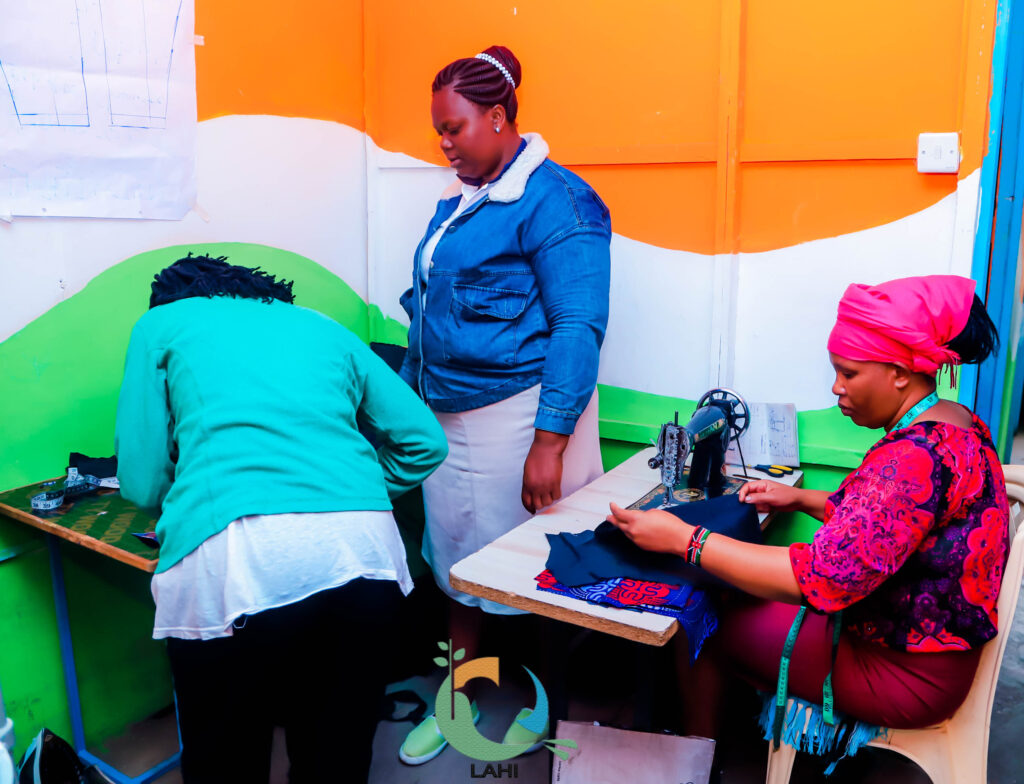
“Every time I teach a woman how to sew a pad, I feel like I’m passing on a piece of freedom,” Violet says. “It’s more than stitching—it’s telling her she can stand on her own.”
Her journey has inspired many others in Mathare to believe that change can come from within their own community. Women who once depended entirely on casual labor are now earning from tailoring, some even opening small shops of their own. At this moment, Violet has an apprentice stationed at her shop with the increase in workload, and being that she's also a teacher at LAHI, Mama Fai is indeed a good mentor and a pillar to the community
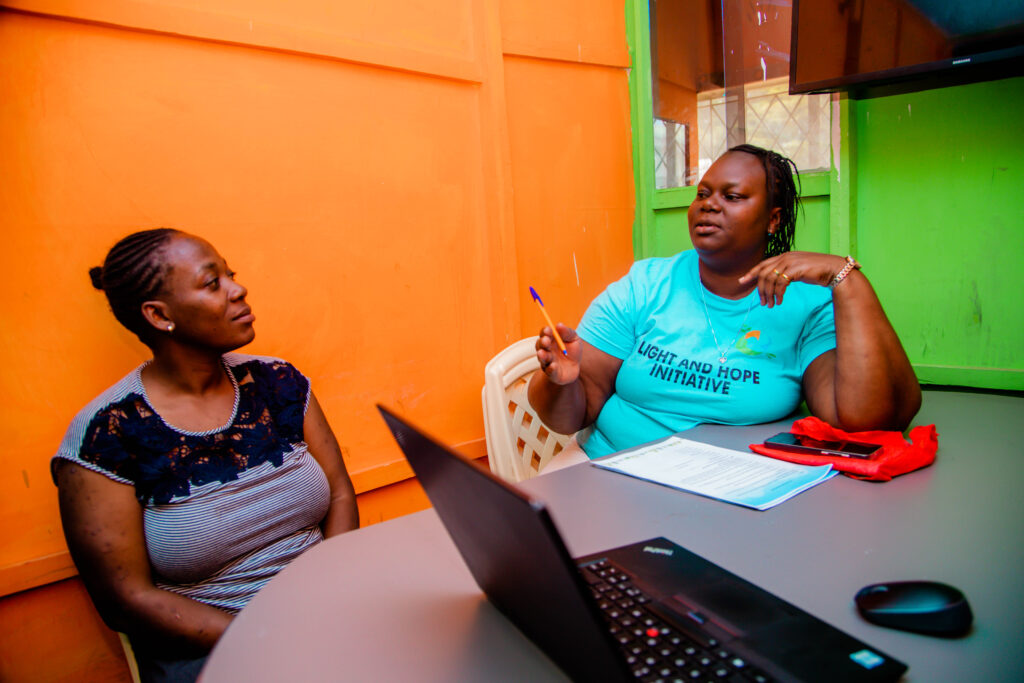
When asked what she would tell other women who feel stuck, she doesn’t hesitate:
“Don’t wait for someone to rescue you. Start with what you have, even if it’s just one needle”.
Her story stands as a living example of what happens when women are given not just tools, but trust. When communities invest in women like Violet, they don’t just change one life—they spark a chain of transformation that lifts families, neighborhoods, and futures.
